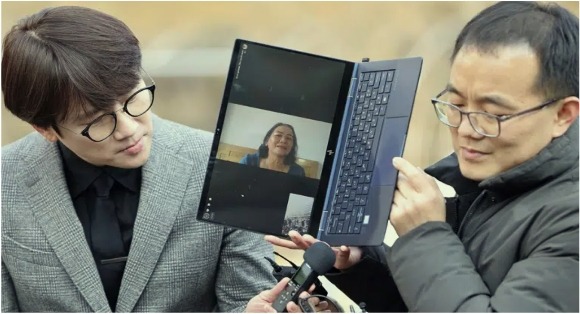A South Korean court has made headlines in recent days, after ruling that the government must pay compensation to a Vietnamese woman who survived a massacre committed by South Korean marines during the Vietnam War in 1968. This landmark ruling marks the first time that the South Korean government has been held responsible for war-time atrocities committed by its troops abroad and is being seen as a step towards accountability and recognition of human rights abuses.
The massacre in question took place in the Vietnamese village of My Lai on March 16, 1968, where South Korean marines rampaged through the village, killing hundreds of civilians, including women, children, and the elderly. The survivor in question, who was injured by a gunshot wound and lost several relatives in the attack, will receive 30 million won ($24,000) in compensation from the South Korean government.
The ruling is being widely hailed as an important step towards acknowledging the suffering of the victims and their families and towards promoting accountability for human rights abuses. Many see this as a sign that the South Korean government is finally taking responsibility for its actions during the Vietnam War and working to address the injustices committed during that time.
This ruling is likely to have far-reaching implications for similar cases in the future, both in South Korea and other countries. It may set a precedent for other countries to follow and could encourage victims of human rights abuses to come forward and seek compensation and recognition for their suffering. This could help to promote accountability and bring closure to victims who have been struggling for recognition and justice for many years.
At the same time, it’s important to note that this ruling is just one step towards promoting accountability and addressing human rights abuses. There is still much work to be done to ensure that victims receive the recognition and compensation they deserve and to prevent such atrocities from happening in the future. Governments, international organizations, and civil society must continue to work together to promote human rights and ensure that those who commit such acts are held accountable for their actions.
It’s also worth noting that this ruling is not without controversy. Some have criticized the amount of compensation being offered as insufficient, pointing out that it cannot make up for the lives lost and the suffering endured by the victims and their families. Others have argued that the ruling may not go far enough in holding those responsible accountable for their actions, and that more needs to be done to ensure that the individuals who carried out the massacre are held accountable.
Despite these criticisms, the ruling is still being seen as a significant step forward. It sends a clear message that the South Korean government is committed to promoting accountability and addressing human rights abuses, and it provides hope to victims and their families that they will finally receive the recognition and compensation they deserve.

